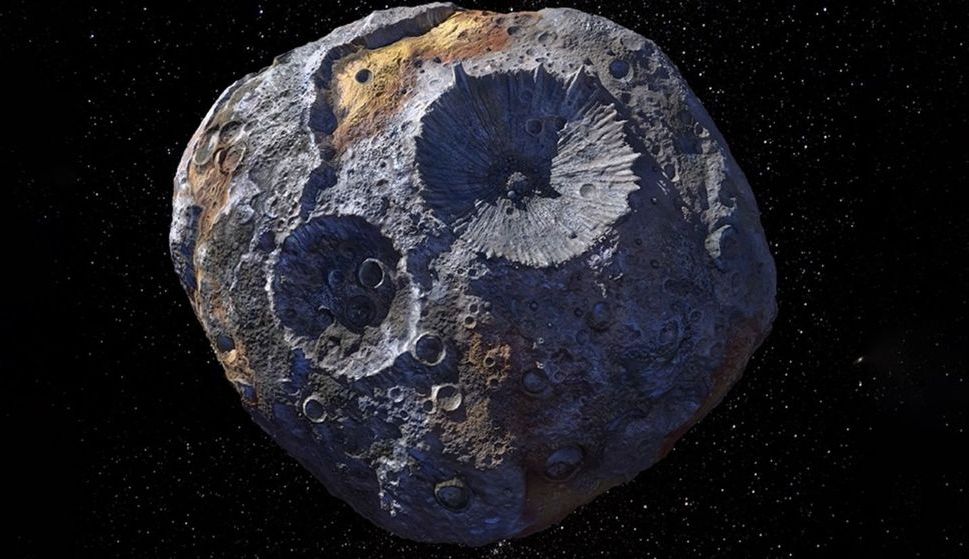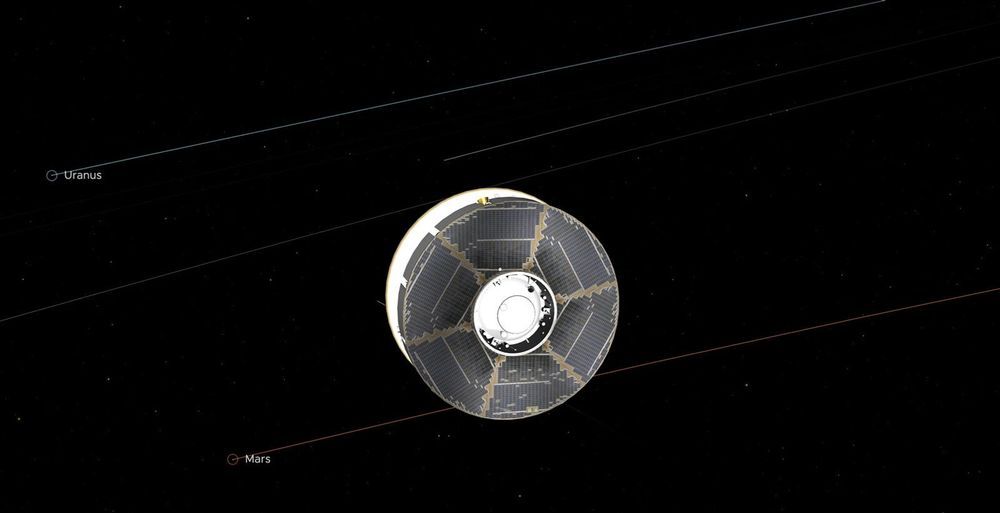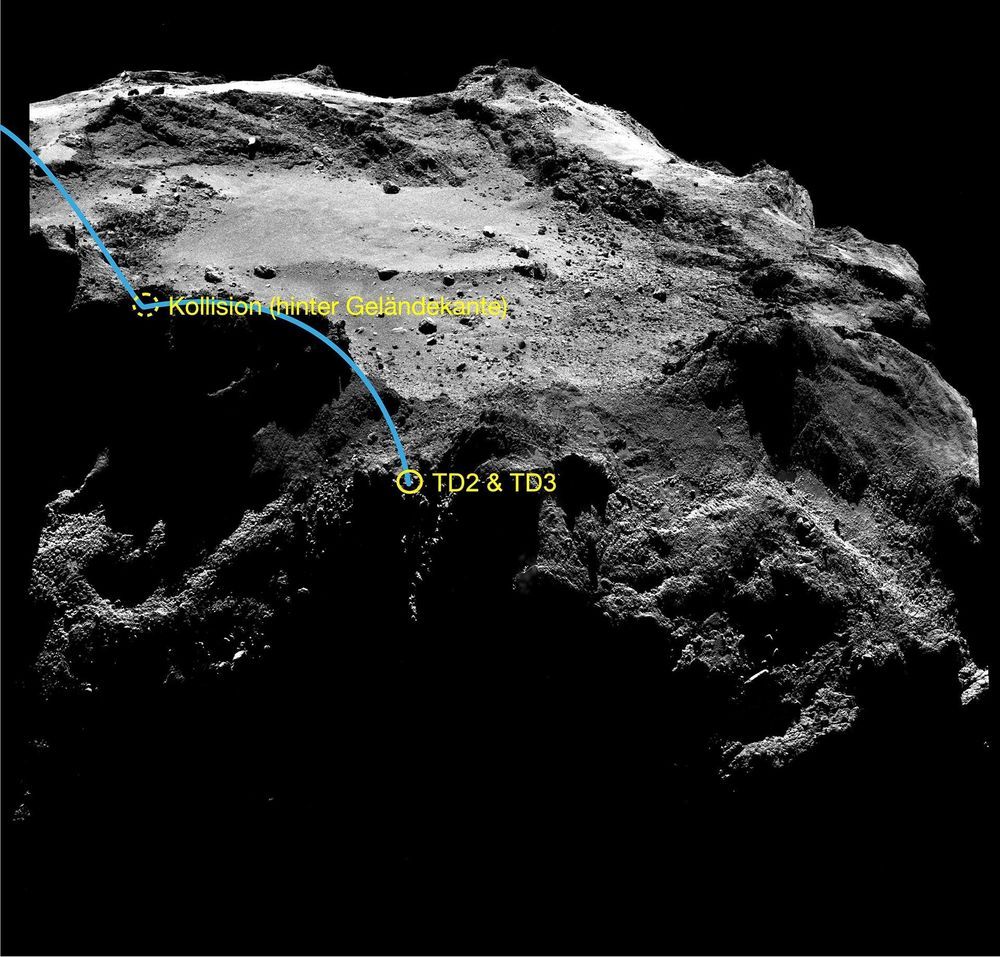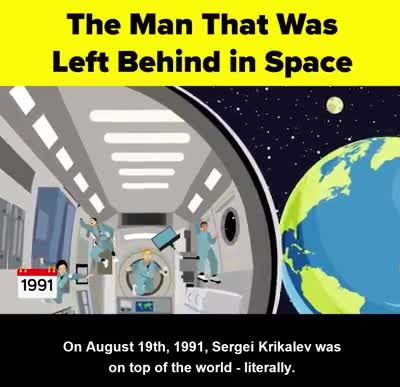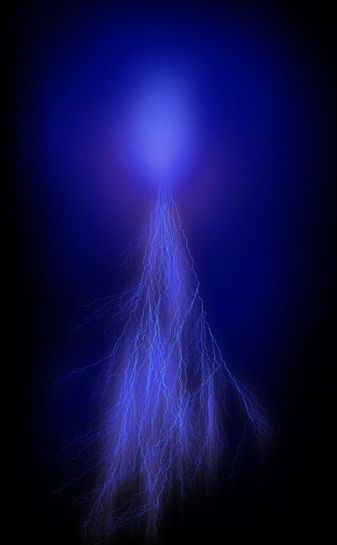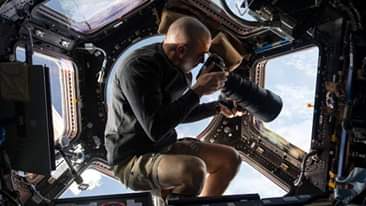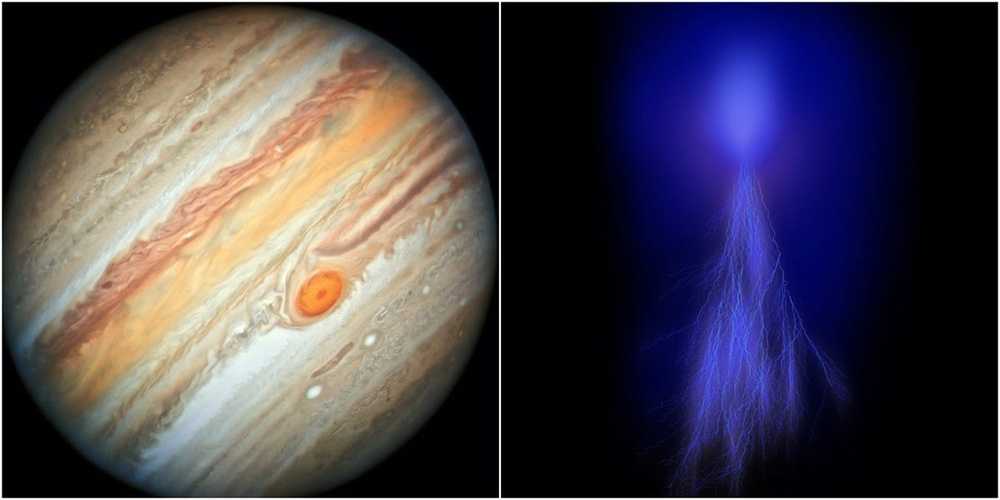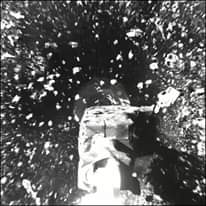New results from NASA’s Juno mission at Jupiter suggest that either “sprites” or “elves” could be dancing in the upper atmosphere of the solar system’s largest planet. It is the first time these bright, unpredictable and extremely brief flashes of light—formally known as transient luminous events, or TLE’s—have been observed on another world. The findings were published on Oct. 27, 2020, in the Journal of Geophysical Research: Planets.
Scientists predicted these bright, superfast flashes of light should also be present in Jupiter’s immense roiling atmosphere, but their existence remained theoretical. Then, in the summer of 2019, researchers working with data from Juno’s ultraviolet spectrograph instrument (UVS) discovered something unexpected: a bright, narrow streak of ultraviolet emission that disappeared in a flash.
“UVS was designed to characterize Jupiter’s beautiful northern and southern lights,” said Giles, a Juno scientist and the lead author of the paper. “But we discovered UVS images that not only showed Jovian aurora, but also a bright flash of UV light over in the corner where it wasn’t supposed to be. The more our team looked into it, the more we realized Juno may have detected a TLE on Jupiter.”
